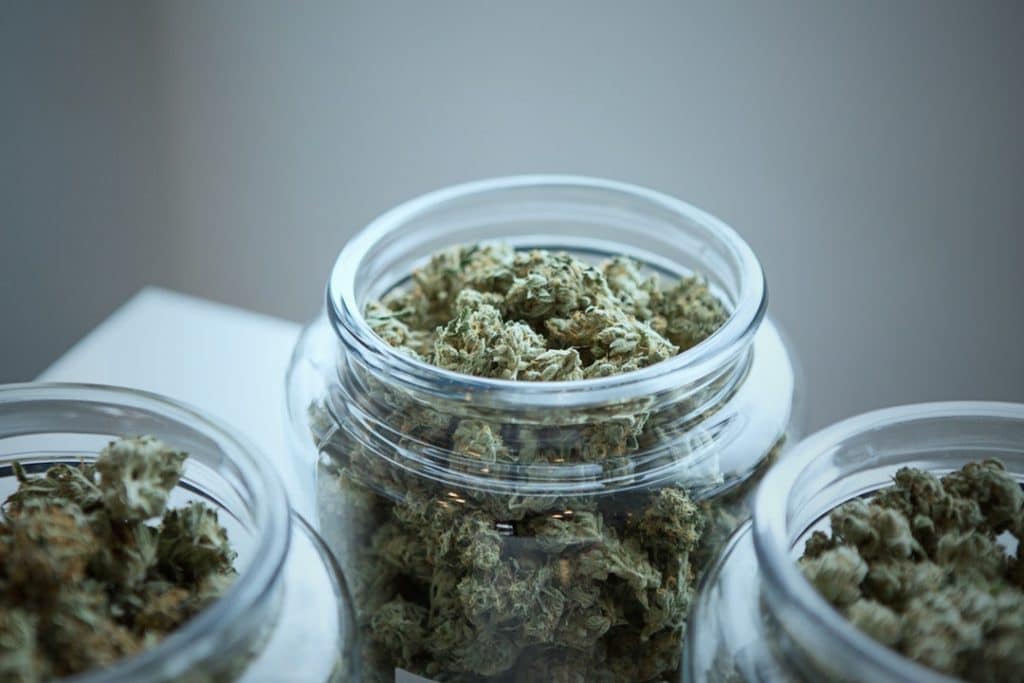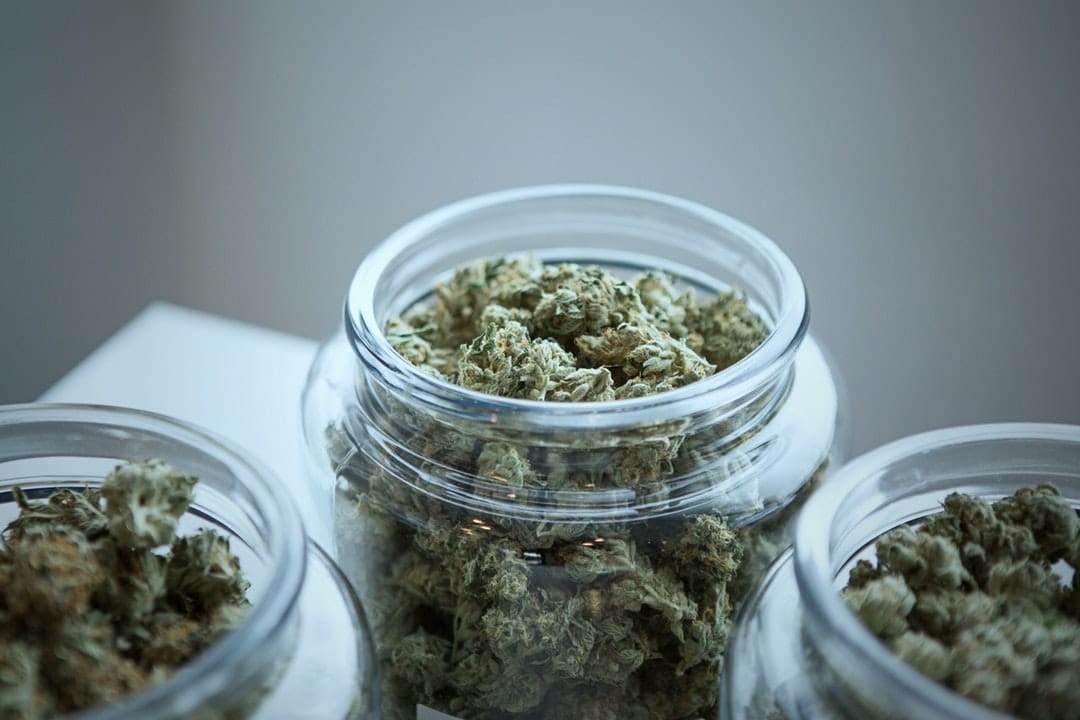
Multiple sclerosis is the most common debilitating neurological condition in the world.
In the United States, for example, over a million young people are estimated to be living with the condition at varying levels of severity. In the most severe cases, patients suffer from chronic pain, vision loss, and fatigue, among other symptoms.
Thankfully, however, there is a simple remedy that can have a tangible effect: medical marijuana.
Let’s take a look at how you can effectively use medical marijuana for MS.
The Legality of Medical Marijuana
Before you consider taking medical marijuana, it’s important to understand the legality of the treatment.
Thankfully, attitudes toward medical marijuana are rapidly changing as it becomes more and more acceptable throughout the United States, both medicinally and recreationally.
As of December 2018, 30 states and Washington D.C have legalized marijuana for medical use. A further 13 states have decriminalized marijuana, which means the user is only liable to receive a fine should they be caught. Strict penalties including jail time could be imposed in the other states.
Marijuana and Multiple Sclerosis: Does it Work?
Although marijuana can indeed mitigate the symptoms of MS, it’s important to understand that it will not alleviate them altogether. Marijuana is by no means a “miracle cure” in most cases.
A recent study conducted by the Tenessee Consortium of MS Centers found the Cannabidiol (CBD) and 9-tetrahydrocannabinol (THC) properties of marijuana have “modest effects.”
The study looked at various aspects such as disability progression, spasticity, pain, tremor/ataxia, bladder function, adverse effects, and quality of life.
Specifically, five separate reviews found that cannabinoids had significant therapeutic value for the treatment of the pain or spasticity associated with MS.
Understanding Cannabis and MS: Cannabidiol (CBD) and 9-Tetrahydrocannabinol (THC)
The two most important chemical components of cannabis are Cannabidiol (CBD) and 9-tetrahydrocannabinol (THC), both of which provide distinct pharmacological effects for the treatment of MS and many other illnesses.
CBD, in particular, has been shown to be effective in treating MS. Studies have shown for years that the component has anti-inflammatory, antiemetic, antipsychotic, antioxidative, and neuroprotective properties.
A recent peer-reviewed study published on Frontiers in Neurology found that CBD supplements could help sufferers mitigate the pain, fatigue, and spasticity caused by MS. With time, patients could even improve their overall mobility.
In fact, CBD is has been shown to be so effective that 16 US medical marijuana-friendly state have specifically legalized CBD for medical use.
Who Should Take Medical Marijuana For MS?
Whether or not you try cannabis to treat MS is a personal choice.
Most doctors won’t recommend it until you’ve tried all the main prescription medications first. Marijuana or CBD products could potentially help most people with MS, although some people will gain more benefit than others.
For example, medical marijuana is good at treating pain, particularly nerve pain. The cannabinoid’s potent anti-inflammatory properties can reduce muscle inflammation, which is one of the major causes of the pain.
Patients who suffer from uncontrolled muscle movements (spasms) or muscle stiffness could benefit from cannabis. The treatment might be able to sooth or calm your muscles which gives you greater control over your limbs.
Patients with bladder problems might find medical marijuana reduces the spasms that cause you to want to use the bathroom frequently.
As always, it’s best to speak with your GP about your symptoms and enquire whether cannabis could be an effective treatment for you. Most doctors will prescribe a series of pharmaceutical treatments first, typically only suggesting marijuana as a supplementary medicine or as a last resort.
Cannabis And MS: How Effective Is It?
The precise efficacy of marijuana on MS is difficult to determine, primarily because therapeutic effects vary widely between patients.
Many studies find that it has a modest or moderate effect, which means that it provides tangible relief.
Some users claim it has almost alleviated their symptoms entirely, declaring it “miracle cure.” However, such extreme success is rare.
On the other hand, many users report it did not affect their symptoms whatsoever.
Let’s take a look at a University of Colorado survey of 25 participants to quantify these results:
- Just over half believe cannabis helps with their MS.
- 76% said they would consider trying marijuana for MS.
- Spasticity, muscle tightness, pain, and muscle spasms were the most common symptoms patients used marijuana to treat.
- A different study from the University of Rochester was more encouraging: 77% said their symptoms had improved and 70% reported having a higher quality of life.
Typically, a patient must use the treatment for several weeks before they start to notice any effects.
How Should I Administer Medical Marijuana?
Don’t get out the bong just yet.
Medical professionals prescribe marijuana through either pills or a nasal spray. The exact dosage will depend on the symptoms.
Smoking is not recommended because it damages your lungs and makes it difficult to control the dose.
Medical Marijuana Versus Prescription Drugs
Is one better than the other?
It’s impossible to say, unfortunately, as so much depends on the patient and symptoms involved.
Both have their distinct therapeutic benefits as well as side effects. Your best option is to discuss your case with your doctor.
What Are The Side Effects of Using Medical Marijuana?
Marijuana has a number of side effects which range from serious to benign.
Addiction
Most medicinal users will not become addicted to marijuana, although it is a possibility. Despite the fact the drug is not physically addictive – unlike cigarettes or alcohol – the psychoactive effect can lead to dependency in some cases.
Psychological Issues
Depression, anxiety, and mood swings are all issues that could be caused or exacerbated by marijuana. Some users report no effects while others suffer severely.
Patients with a history of severe mental illnesses such as schizophrenia are advised to avoid cannabis treatment.
Lower Coordination And Energy
Many users report decreased coordination, energy, and motivation. Tiredness, a lack of balance, slower reaction time, and sleepiness are common.
Appetite
Intermittent marijuana use may cause a temporary increase in appetite, while chronic use may cause a prolonged decrease.
Looking for Further Information?
Medical marijuana for MS has been shown to be a promising treatment, specifically for pain and spasticity. If you haven’t already, discuss the possibility of using medical marijuana with your doctor.
To learn more about other issues medical marijuana can treat such as chronic pain, be sure to check out more of the Quantum9 blog.




